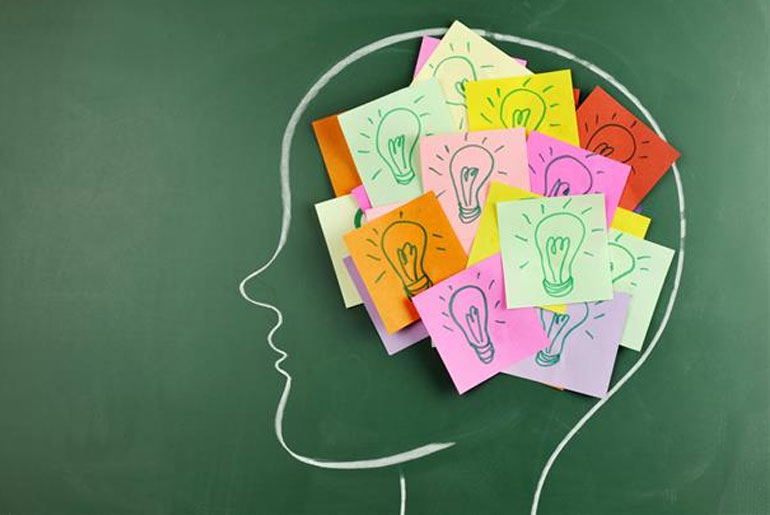A recent study conducted by the University of York has revealed that older adults who engage in playing digital puzzle games exhibit similar memory abilities to individuals in their 20s. This research also demonstrated that older adults, aged 60 and above, who played digital puzzle games displayed an enhanced capacity to ignore irrelevant distractions. However, older adults who engaged in playing strategy games did not exhibit the same improvements in memory or concentration.
Working memory, which involves the ability to hold and manipulate information temporarily, is believed to peak during the ages of 20 to 30 and then gradually decline with advancing age. The study, published in the journal Heliyon, involved both older and younger adults participating in digital games that they would typically engage with in their daily lives.
“A lot of research has focused on action games, as it is thought that reacting quickly, keeping track of targets and so on helps attention and memory, but our new analysis shows that the action elements do not seem to offer significant benefits to younger adults,” stated Dr Fiona McNab from the University of York’s department of Psychology.
The authors of the study have suggested that future research could delve into the reasons behind the differing impacts of game types based on the age of the player. This exploration could potentially uncover whether these variations are linked to how the brain stores and processes information as individuals age.
Disclaimer:
The information contained in this article is for educational and informational purposes only and is not intended as a health advice. We would ask you to consult a qualified professional or medical expert to gain additional knowledge before you choose to consume any product or perform any exercise.







